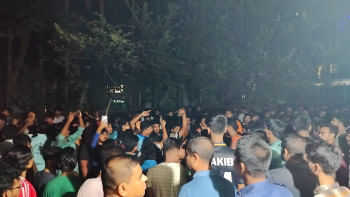India launches drive to catch $100b dollar global market

India's new government has launched a drive to promote the country's ancient therapies as it seeks to cash in on the multi-billion dollar global market for holistic medicine.
India claims to have natural remedies for everything from cancer to the common cold, but ministers say it has failed to capitalise on its traditions as the world has woken up to alternative medicine.
Hindu nationalist Prime Minister Narendra Modi, a teetotal vegetarian who practices yoga daily, has said he wants the world to make Ayurveda "a way of life" -- and in doing so expand India's share of the growing global market for holistic medicine.
Earlier this month he appointed India's first minister for Ayurveda, yoga, naturopathy, Unani, Siddha and homeopathy -- known as the AAYUSH ministry -- and has also called for an international yoga day.
"Call it whatever -- Ayurvedic medicines or herbal medicines or traditional medicines -- the global market is estimated at about $100 billion today," former health minister Harsh Vardhan told a recent conference on Ayurveda in New Delhi.
"India's share in this is negligible because quality standards are not maintained to international specifications. The government has decided to address this lacuna."
Ayurvedic medicine -- which means the "science of life" in Sanskrit -- treats the physical and mental sources of illness through, for example, prescribing herbs in conjunction with yoga or massage.
Much of the knowledge has been passed on through the generations by word of mouth and predates written records, but two volumes of remedies and prescriptions have survived, called the Charaka Samhita and the Sushruta Samhita.
Critics say that Ayurvedic remedies have no proven curative properties for disease, and instead work as a placebo.
But Modi, who as a young man wandered the Himalayas on a spiritual quest, said Ayurvedic remedies should be seen as complementary to modern medicine.
Ayurvedic centres and clinics have also sprung up in Europe and the United States in recent years, and global chain The Body Shop has created its own range of Ayurvedic products.
According to the World Health Organization, 65 percent of India's rural population uses Ayurvedic remedies, mostly due to poor access to modern health facilities.
Modi has vowed to provide affordable healthcare to India, where nearly 25 percent of the population lives on less than $1.25 a day and more than 40 million people have been pushed into poverty because of the cost of medical treatment.

 For all latest news, follow The Daily Star's Google News channel.
For all latest news, follow The Daily Star's Google News channel. 



Comments